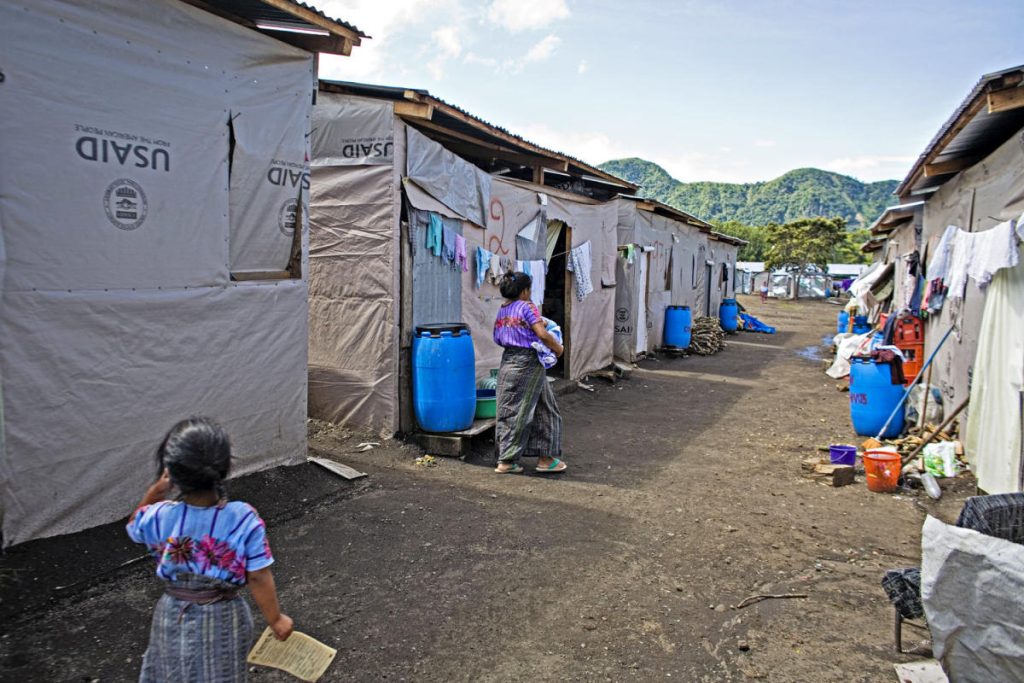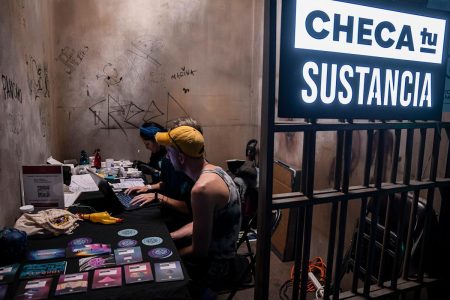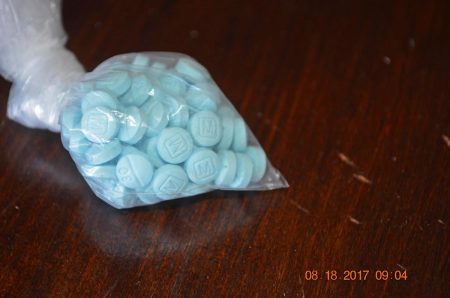Malawi’s HIV Crisis Deepens as U.S. Aid Freeze Disrupts Lifesaving Programs
Clinics in Malawi are on the brink of running out of critical HIV medications, threatening the lives of thousands of women and girls. A recent freeze on U.S. foreign aid ordered by the Trump administration has disrupted HIV prevention and treatment programs spearheaded by the United States Agency for International Development (USAID). Last year alone, these initiatives provided care to over 142,000 vulnerable girls and young women in Malawi. Without access to daily antiviral medications, experts warn that HIV transmission rates could surge—undoing decades of progress. “People who rely on these medications to stay healthy and prevent spreading the virus are now at risk,” said an anonymous former USAID worker laid off amid the agency’s restructuring. The abrupt pause highlights how political decisions in Washington can ripple into life-or-death consequences for communities oceans away.
U.S. Court Halts Workforce Cuts Amid Allegations of “Criminal” Activity
Chaos within USAID escalated last week as the Trump administration pushed to dismantle the agency, shrinking its workforce from 5,000 employees to a skeleton crew of several hundred. A federal judge temporarily blocked the move, calling the midnight deadline for cuts “unworkable.” Meanwhile, Elon Musk, head of the newly created Department of Government Efficiency, labeled USAID a “criminal organization,” propagating conspiracy theories that its programs fund bioweapons research or enrich global elites. Though critics have long questioned USAID’s transparency, advocates emphasize its lifesaving impact: Its President’s Emergency Plan for AIDS Relief (PEPFAR) has saved 25 million lives since 2003. “This isn’t just about budgets—it’s about vulnerable mothers and children losing access to care,” said Sarah Charles Phillips, a former USAID humanitarian leader.
HIV Prevention Collapses, Leaving Women and Girls Vulnerable
Even with temporary court protections, gaps in HIV services persist. In Malawi, emergency waivers allow some medications to flow again but exclude prevention tools like PrEP (pre-exposure prophylaxis), condoms, and education initiatives. Women and girls in sub-Saharan Africa—already three times more likely than men to contract HIV—face heightened risks. “Economic and educational programs are key to reducing infection rates, and those are completely stalled,” the former USAID worker explained. Without interventions targeting systemic inequality and gender-based violence, progress could reverse, fueling new infections and destabilizing communities.
Malaria Threats Loom as Rainy Season Approaches
The aid freeze has also crippled malaria prevention efforts. USAID’s President’s Malaria Initiative (PMI), which distributes nets, sprays homes with insecticides, and provides preventive drugs, ground to a halt as contractors were dismissed. In regions like the Democratic Republic of Congo and Uganda—where malaria rates spike during annual rainy seasons—pregnant women and children are especially vulnerable. “Clinics will run out of supplies,” said Anne Linn, a PMI adviser recently laid off. Pregnant women, already three times more susceptible to severe malaria, may soon arrive at health centers only to find empty shelves. Delays in insecticide spraying in Uganda, meant to curb mosquito populations, could worsen outbreaks.
Global Stability at Risk as Gender Gaps Widen
The repercussions extend beyond health. A former USAID official warned that slashing aid could exacerbate instability in regions like West Africa, where terrorist groups thrive alongside high maternal mortality and low contraceptive use. “When women lack education and healthcare, societies become more fragile,” the official said, requesting anonymity. This instability threatens global security, creating environments where diseases and extremism can flourish—risks that could eventually reach U.S. shores. Gender inequity, compounded by aid cuts, weakens economies and heightens vulnerabilities, underscoring how foreign aid serves both moral and strategic interests.
Advocates Urge Action: “It’s Not Too Late”
Despite the upheaval, USAID workers emphasize that rebuilding is still possible. “We can act—it’s not too late,” Anne Linn urged. Advocacy for continued funding and transparency remains critical to reviving programs. The stakes are monumental: Without intervention, decades of progress in HIV treatment, malaria prevention, and gender equity could unravel, costing countless lives. As clinics in Malawi and beyond brace for shortages, the world watches whether U.S. leadership will prioritize humanitarian imperatives or leave vulnerable communities to face the storm alone.









